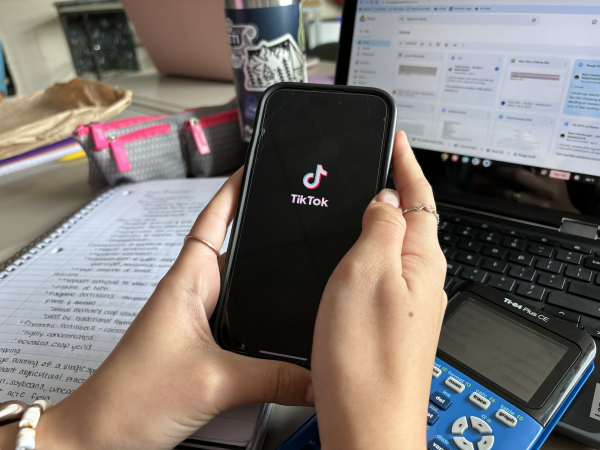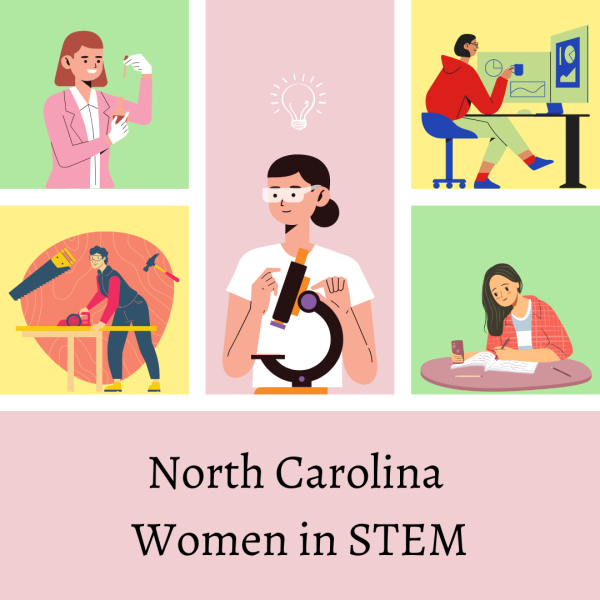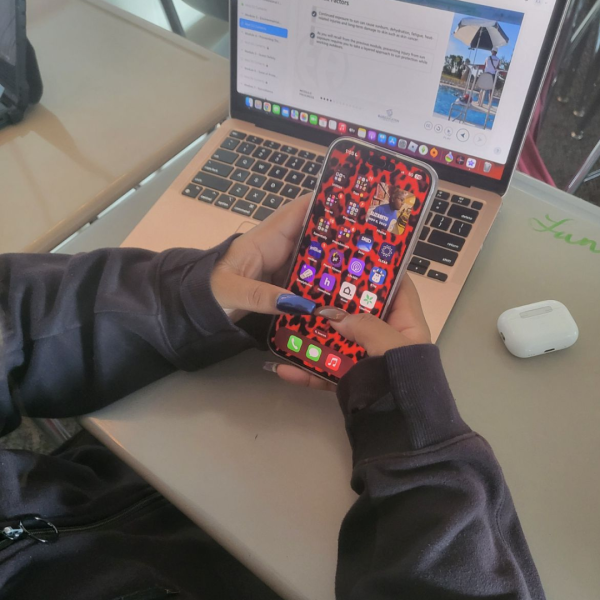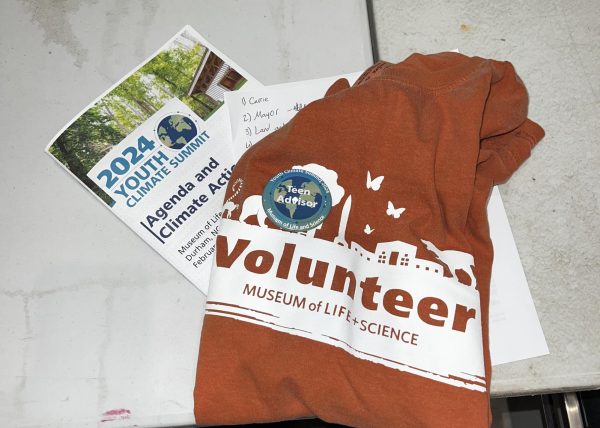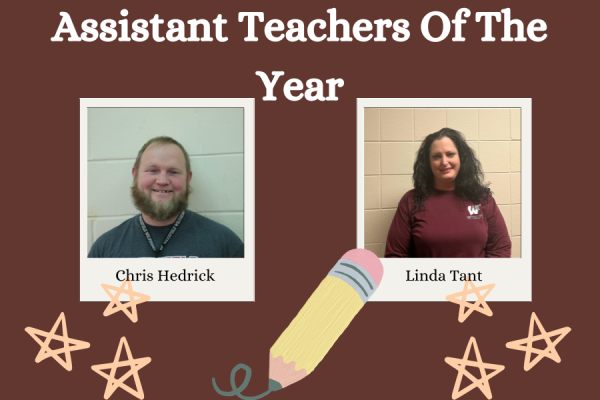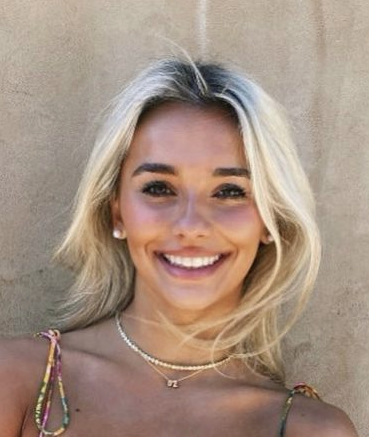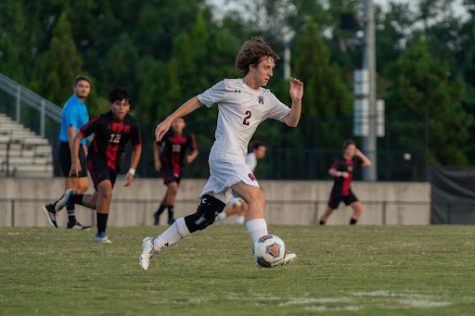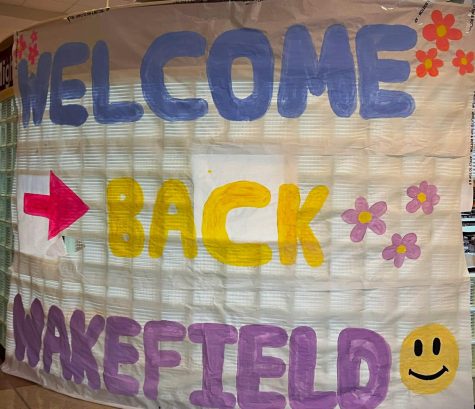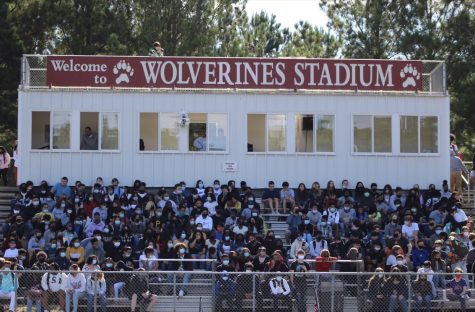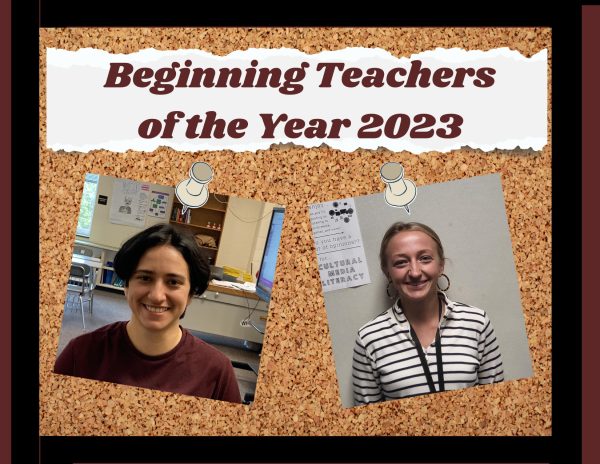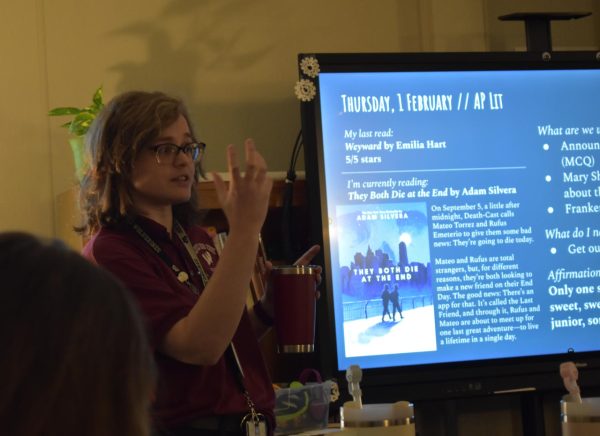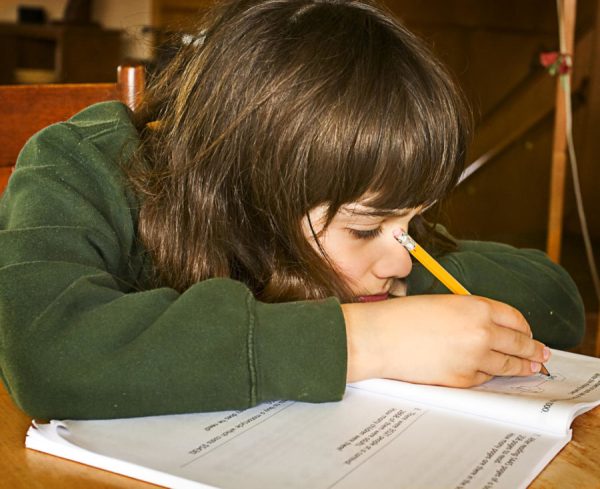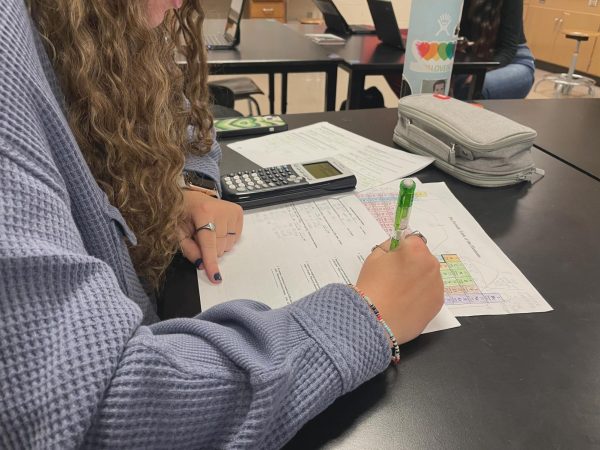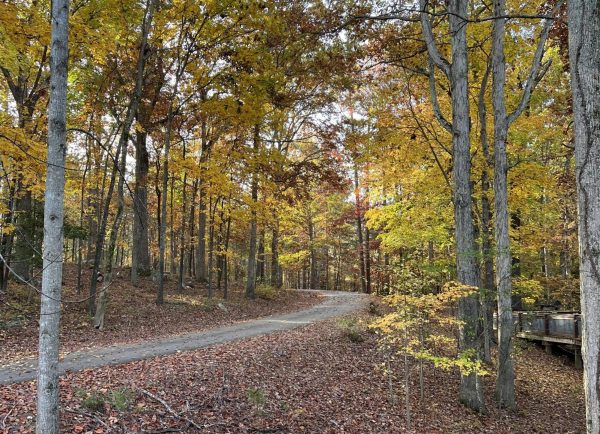Counselors give great advice
Wakefield’s counselors are united this year under a new Dean of Students. Read on to see how they operate as a team to help you get the most out of high school.
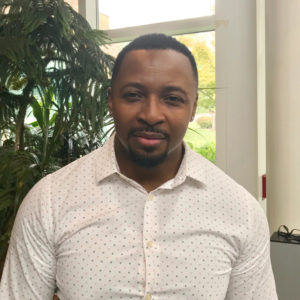
KIM DOUGLASS, Dean of Students
Q: What was your former job and how does it differ from your job now?
A: I was the Dean of Students at Roseville High School, so I’m leaving one high school and coming to another. The difference would just basically be in the new relationships that I’m building with staff and also with students. There, I was able to build a lot of relationships with the staff and students, so that was always a passion of mine, to really interact with the student body so that they would get to know me and just be able to know what I am passionate about, and that’s just seeing students develop. I am just trying to become a little more acclimated to the processes here and then also so that it will allow me the opportunity to really get out into the classes…so that I can actually interact with the students because I don’t like to really just be a face of the department but I like to be a person that people feel like they can talk to.
Q: What impact do you hope to make at Wakefield?
A: The impact I want to make at every school I’m at is to make sure the student services department is for all students. That all kids can come in and feel like it is somewhere they feel like they can be heard and understood, but also a place that would provide opportunities. Whether it’s scholarships, whether it’s academic counseling, whether it is assistance with financial aid or assistance with applications, or with careers and career development.
Q: What makes you the best person for the job of admin at Wakefield?
A: I come with a wealth of experience. Prior to being the Dean of Students, I was a counselor so I am able to see it from the counselor’s perspective. Because I believe that true leadership is one that leads from the front opposed to leading from behind, which means I would never ask you to do anything that I myself would not willingly partner with you and assist you in doing. My passion is really to be on the front lines to be the face of student services to see the kids, to have conferences with the students.
Q: Do you have any advice for students on how to have a good year?
A: The first thing about having a great year, for me, would actually start with choosing the right classes. It’s always key. It’s amazing because whenever students go to register for classes, I don’t know how much thought they really put into that stuff. Sometimes you can have the high end where we have a lot of students who will register for all of these AP courses or all the honors courses and they overextend themselves, so it causes them to become so stressed throughout the course of the year in taking all of these very rigorous courses and they don’t give themselves time to breathe. And it’s one thing to take those rigorous courses because you want to sort of continue to have a rigorous track in high school, but allow yourself some breathing room. Enjoy your high school time that you are here so that you are able to now invest time in joining clubs and other organizations because colleges and universities now they don’t just look at what your GPA is, but they want to see if you are a well-rounded individual. What type of community service activities are you doing? What are you doing to give back? Just be the best you can be. Find something in every grade level that you can do to just stand out. And standing out does not mean that you are trying to be better than everybody else, it just says that “I’m going to be the best me I can be at all times.”
Q: What would students never guess about you?
A: I think to see me, you would not be able to guess my personality. To see me, I’m typically the type of person that something is always going on where I am going to fix something or going to address something, and so people never get to see, just in those types of interactions, they never get to see my personality. They never get to see the fact that I like to joke. I am so down to earth, I like to smile, I like to talk, I like for everything to be sort of light. I think that’s one of the reasons why I’ve always been so impactful when it comes to just dealing with students in general because when they come to my office, they get to see me and they get to see the real me. And it allows us to create an atmosphere where they can be transparent, they can disclose things to me things that they normally felt like they would not usually disclose to anybody. Regardless of where they are in life, I can relate to them. A struggle is a struggle, I don’t care whether you are black, white, or blue. I don’t need to have gone through what you are going through, but I have been through something and I can relate to going through that.
Q: What’s the fastest way for a student to get on your bad side?
A: I don’t have a bad side. I think the thing that frustrates me the most is whenever you equip a student and you see all of this good, you see all of this potential, but they don’t see it. And not only do they not see it, but the things they are doing are also contradicting what would be the right path for them or something that could advance them. It really does take time for us to really realize what a jewel we are because you sort of have to peel back those layers of life and people in your life that have told you that “you can’t be”, “you can’t do”, “you’ll never get”, “you’ll never go”, then when you look at sometimes societal norms that say that “you’ll never be accepted here”, “you’ll never be accepted there” and so you have to start pulling back those particular layers and causing a person to really look at the true essence of who they are. How great they are, in spite of what everybody else has said. You’ve got to believe that you are great, even if nobody else tells you that. You’ve got to continue to say it to yourself and so sometimes it becomes it becomes a case of causing people to become their own cheerleaders and realizing that’s okay. — Douglass
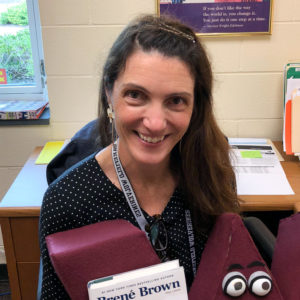
MELISSA ANSBACHER, School Counselor
Q: Can you talk about your education background?
A: I went to Amherst College in Massachusetts, which is a small liberal arts college. Eventually, I went back to college for graduate school. I got my masters in teaching at Columbia University in New York. I had a passion for working with young people and it just evolved over time. I’ve been an educator my whole life. I’ve found my place and where I want to be.
Q: What are your aspirations for the future of Wakefield High?
A: I have aspirations for the students of Wakefield High School and I feel as though it is my job to help them to realize their potential, to recognize their value. Not only in school, but in the world once they leave school.
Q: How would you say students and faculty can do something to improve inclusivity within Wakefield?
A: I feel really fortunate that I was at Graduate School, at NC State, at the time that I was, because I was forced to confront a lot of issues. One of which was, in my case, white privilege. I think I believed that I was open-minded, but I did not really understand the extent to which my privilege affected my everyday. Everybody’s story matters. You have to be open, honest, and vulnerable because if I did not put myself out there, I would not know [the problems facing minorities].
Q: What is the craziest story, you can share, that has happened while being in education?
A: My husband and I got our first teaching jobs at the same high school, we did not know each other. He was an English teacher and I was a Social Studies teacher. Then the second year we created a class called American Studies where I taught US History and he taught American Lit, and so we team-taught together and then in the process of working together we caught feelings, so we had to keep it on the down low. Eventually, we got engaged and we announced it to our classes and they just flipped out. I guess that’s crazy because I did not expect to meet the person who I was going to spend my life with at my job.
Q: Can you describe any of your hobbies, interests, or guilty pleasures?
A: I am a binge watcher. I watch shows like This Is Us, Grey’s Anatomy, and I have been watching Insecure. That is what I am binge-watching on HBO right now. That is what I do. I binge. That is my release because I feel I have to be on all the time and talk to people, and then I am home and I am with my kids interacting, so I just need to tune out the world.
Q: Is there any advice you would give students regarding their high school experience?
A: If you can tune out the noise because I think the noise and the negativity can be really overwhelming. It can cause you to doubt things you didn’t before, just because it’s loud doesn’t mean it’s right. — Ansbacher
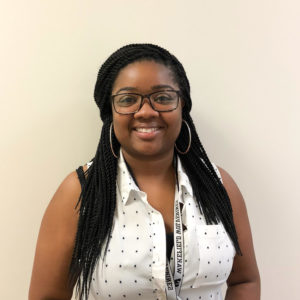
LAKIA HOLLIDAY, School Counselor
Q: Why did you decide to work with youth?
A: One of my main reasons for working with youth stemmed from my past. Before, I was a recreational therapist at an alcohol and abuse center. And I saw so many people of all different ages come in, whether they came in their seventies, or, 18 was the youngest we would take, I just saw this pattern in their life that usually stemmed from when they were younger. Whether it was abuse, or not having people to support them or motivation to do better and have their coping skills, it kind of makes me think that I want to be part of the change and change the trajectory of young people’s lives versus getting on them when they already have an issue with substances. Try to step in before other things happen.
Q: What’s your favorite part about giving advice?
A: The building of rapport with students and getting to know y’all, and outside of just what your grades are. What you enjoy doing, what are your different quirks. So that’s my favorite part. Another thing I like is drawing from my own life experiences and trying to be able to give advice helping others . Like, that didn’t quite work so let’s think about a different way that it could work for you.
Q: Where did you go to college?
A: I went to undergrad at ECU, and also graduate at ECU! All the way around.
Q: What are your personal goals for this year?
A: Be involved in the community and with the students. So, whether it’s coming to the games at the school and just making myself visible at the different functions in and out of school. This year is about building rapport, gaining trust, learning different teachers and students, so they know that I’m there for them and that I can be a resource.
Q: If you could give one piece of advice to those starting high school, what would you tell them?
A: Your freshman year is a fresh start. Whatever you want to look at your senior year, let’s start with that. You want great relationships and to start building great relationships and develop those skills. And being social. You want good grades, let’s start off by studying. However you want to end it, let’s start it that way.
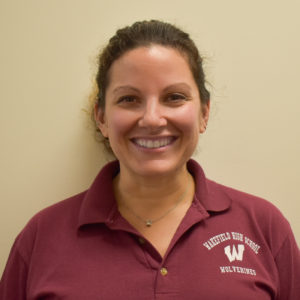
JILL TOBOROWSKY, School Counselor
Q: What group did you fit in to in high school?
A: I did not have a great group, mostly people were calling me from rehab and jail, so that’s why I do this. I was very much in the outsiders group. I did not fit in with the popular people or the clicky people at all. My best friend was a year older and thank God I had her because she kind of kept me level. It sounds more cliche, I was in the more wild crowd.
Q: How did your past experiences lead you to this career?
A: I figured I was always going to end up doing this, I was an academic counselor for many years but everybody always told me heavy stuff all the time. People were coming after me left and right everybody just showed up at my door crying about different things. I was always like a crisis counselor, which led me to this.
Q: What is the fastest way for a student to get on to your bad side?
A: I try to be as understanding as I can be but if I reach out to them two, three and four times telling them the same thing over and over again and nothing’s changing, then I’m like you know what, now I’m kind of done reaching out to you. If you want to help you’re going to have to come to me now. So I wouldn’t necessarily say bad side, we are always trying to help people. 98 percent of the time, the kids that I work with, their intelligence is not the issue it’s the motivation.
Q: What’s the best moment you’ve had as a counselor?
A: Somebody will come back and say here’s what I’m doing now, those are the best. If somebody ever reaches back out to me or just says thank you. It ’s just you guys go off and have your lives and then we don’t really know what happens to you so when we get to see, we are like oh my gosh look what they did! I just like hearing your stories and seeing what you guys do, it’s very uplifting.
Q: What impact do you hope to make on Wakefield?
A: I’m starting a food pantry for families that are low income or homeless. We have what they call food insecurity; I don’t think people know how diverse Wakefield really is. I think they think it’s just like people across the street and that’s it. But we really do have a diverse population and so I would like that to be something that I leave behind for the community.
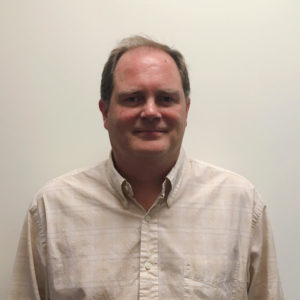
BRENT WALKER, School Counselor
Q: How long have you been working at Wakefield?
A: This is my second year.
Q: What do you like that Wakefield does for students?
A: I like the fact that they have Pride Time and Smart Lunch built into schedules to help kids make up assignments when they are out or need a little bit of extra help.
Q: What qualities do you appreciate in a progressive student?
A: I try to appreciate qualities in all students, whether they’re struggling or not. I think maturity is always good to see, as well as integrity.
Q: What advice would you give students to fulfill their potential during these four years?
A: I would say make to sure that you’re here and if you need help, ask for it. There are plenty of opportunities for staff and other students to help, so don’t be afraid to advocate for yourself.
Q: Why do you feel the role of being a counselor is important?
A: Everybody needs somebody to talk to at some point during high school or their teenage years. In the school setting, a lot of scheduling and administrative things sometimes have to be taken care of as well. It’s a good combination of making sure kids are in the classes they need and getting help whenever they need some social and emotional support.
Q: If you weren’t a counselor, what would you be doing?
A: I [wanted to be] a baseball player when I was younger.
Q: How would you describe yourself when you were in high school?
A: I was pretty quiet, introverted, and a little bit of a smart alec.



